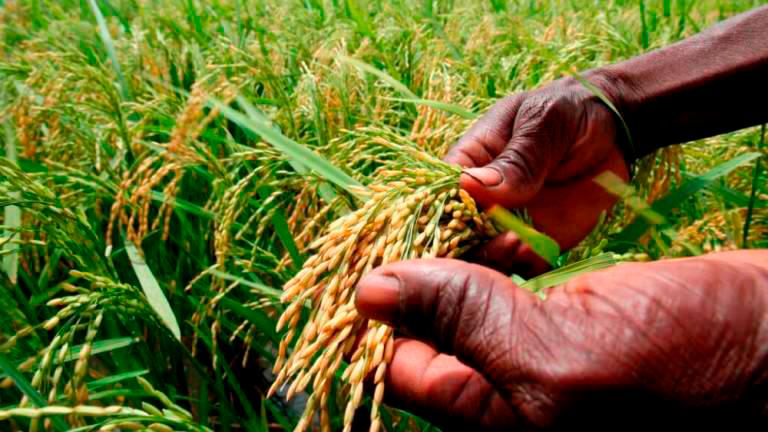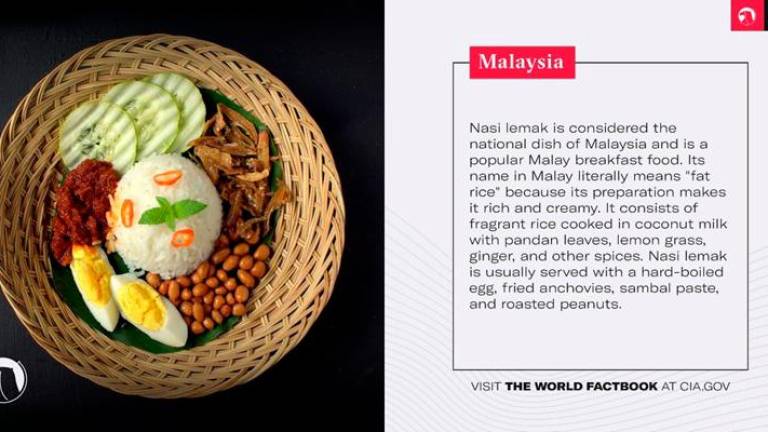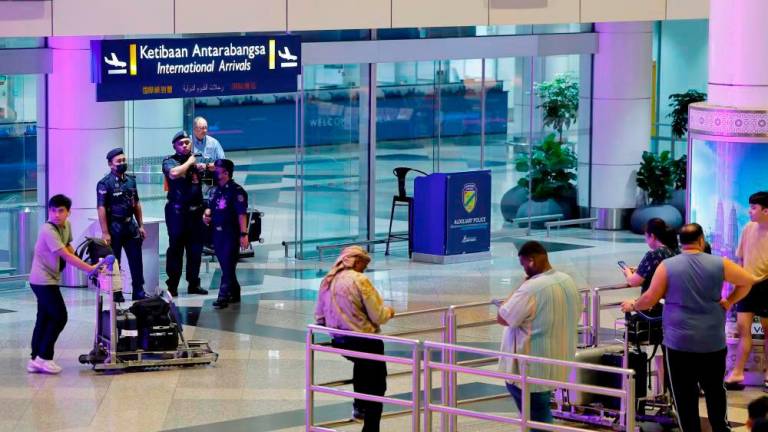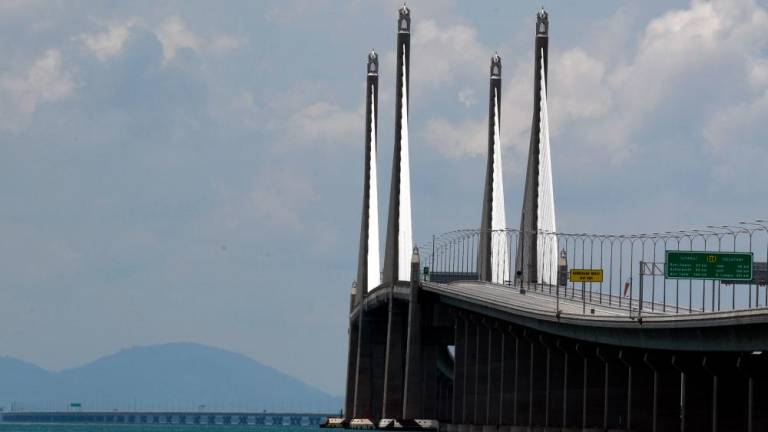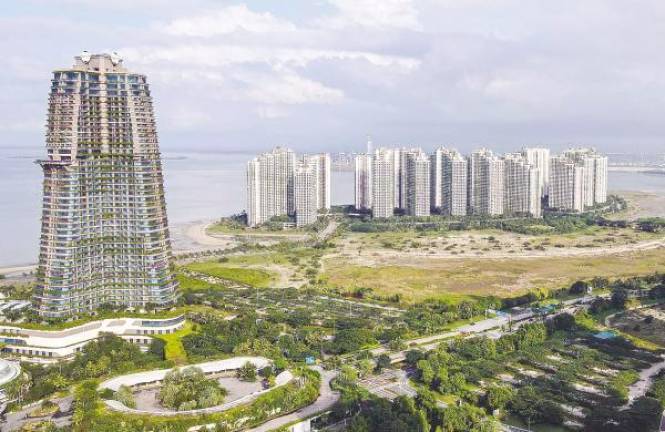SEREMBAN: The Negeri Sembilan government will expand the area for padi cultivation up to 50 acres (20.23 hectares) in Londah here to increase production in the state, thus reducing the import of rice.
State Agriculture and Food Security Committee chairman Datuk Bakri Sawir said the state government is currently in the irrigation planning process with the Department of Irrigation and Drainage, and the land-clearing work is set to commence soon.
“This is also in line with the government policy of 75 per cent local padi production in several years to come... and I think we will be able to complete the land-clearing process this year.
“We are also looking at the sustainability of water supply for the crop because we are worried that when we have built all the facilities and so on, the water source to irrigate the crop will not be sufficient. So we need to look into permanent water sources and increase food production areas,” he said when met at his office at Wisma Negeri here.
He further said that opening new areas for padi cultivation would not only increase food security and create jobs for the locals but Negeri Sembilan also aims to become one of the rice-producing states.
While acknowledging that there are many abandoned padi fields in Jelebu, Kuala Pilah and some other districts, Bakri said this might be caused by irrigation issues due to forest clearing for certain plans in addition to weather problems, capital and development of other sectors.
Meanwhile, he said the state government would create a Permanent Food Production Park (TKPM) for vegetables, cash crops and napier on a 100-acre (40.5 hectares) land in Gemas soon to encourage large-scale, commercial and high-technology agriculture activities.
He also said that the state government is ready to find land or an old warehouse to be used for vertical farming as an alternative to cover food needs in the future.
However, he said there is still a lot of abandoned land in Negeri Sembilan, and it is not a priority at the moment, but the move can be implemented in the future if the land area gets smaller due to development.
“It (vertical farming) is not a new method, but it can be considered to be implemented in this country, and this method is also popular in Singapore because it saves space,” he said. -Bernama



